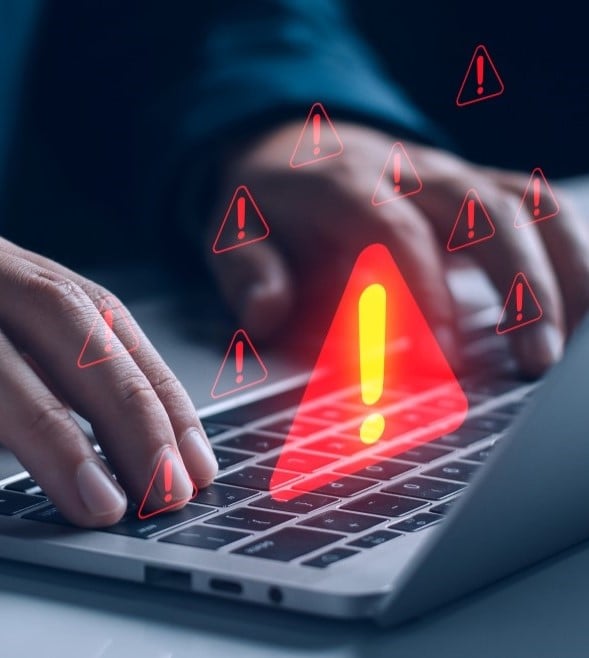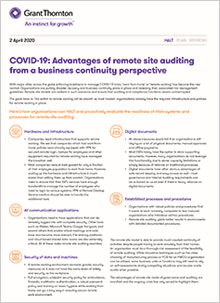With major cities across the globe enforcing lockdowns to manage COVID-19 crisis, work from home or remote working has become the new normal. Organisations are putting disaster recovery and business continuity plans and reviewing their associated risk management guidelines. Remote site models are resilient in such scenarios and ensure that auditing and compliance functions remain uninterrupted.
Here’s how you can HALT and proactively evaluate the systems and processes for remote site auditing
- Hardware and infrastructure
We see that companies which had work from home policies were already equipped with VPN for secured remote login, laptops for employees and other equipment required for remote working have been managed well
- AV communication applications
Organisations need to have applications that can be remotely logged into with complete security.
- Security of data and machines
Remote working environment warrants greater security measures as it does not have the same levels of safety and security as the workplace
- Digital documents
Most ERPs today have the option to store supporting documents. However, many organisations do not leverage this functionality due to server capacity limitations or simply because of reliance on traditional processes.
- Established processes and procedures
Organisations with robust policies and procedures find it easier to work remotely, compared to less matured organisations who introduce ad-hoc procedures.
Here are some key benefits of the ‘remote site’ model
- Disaster recovery and business continuity
- Cost savings: Addressing unprecedented cost pressures
- No workforce management
- Access to the best talent and subject-matter expertise










